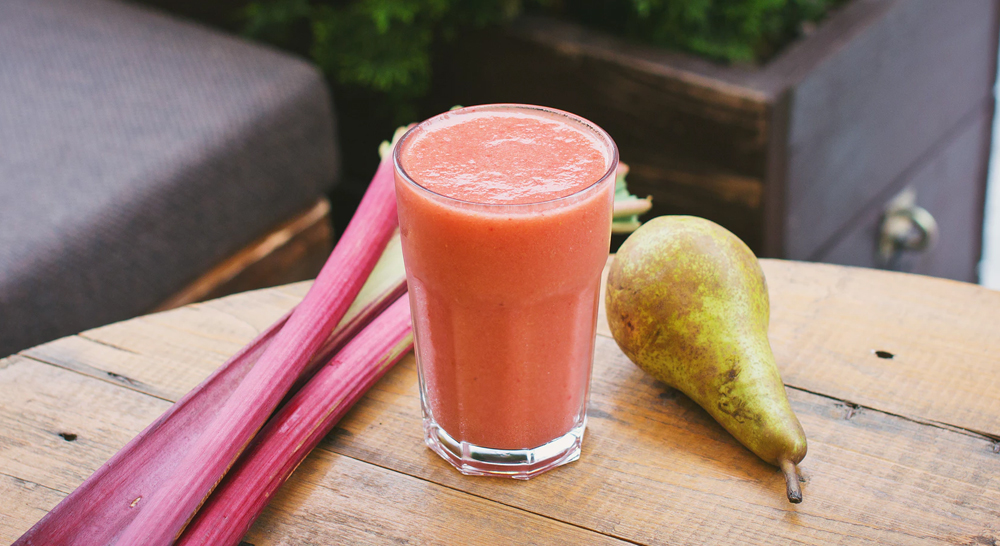It’s easy to be tempted by diet and fitness fads. They usually promise fast weight loss by restricting certain types of food or focusing on one type of exercise. But are these health gimmicks all they’re cracked up to be? While some people report short-term benefits from diets and exercise fads, the perks don’t usually stick. This is because they are often costly, not flexible, and hard to maintain over time.
Current trends: good, or too good to be true?
Here are the facts about some popular diet and fitness trends:
Very low carb (ketogenic) diet. Being careful with the type and amount of carbs (carbohydrates) you eat can be a healthy habit. Vegetables, fruits and many whole grains are types of carbs with a lower glycemic index (GI) that can help stabilize blood sugar levels, whereas simpler carbs like sweets, breads and white rice can spike it fast. People on this diet tend to avoid simple carbs and even some healthier options, like vegetables and fruits.
- Why it’s popular: High-carb foods tend to be high-calorie. This is why cutting carbs leads to weight loss.
- Why you should be careful: Carbs are your body’s main source of fuel, so this plan may cut out nutrients your body needs. This diet is tough to maintain long term, so many people gain back the weight. Anyone with a health condition, like diabetes, should also work with his/her doctor on a balanced eating plan.
Quick fat loss gimmicks. Body wraps. Juice cleanses. Fat melting creams. Waist trimming belts. Weight loss pills and powders. These products promise big changes to your body in a short period of time.
- Why it’s popular: It takes very little effort to use these products. They’re also easy to get.
- Why you should be careful: Most of these fat-loss methods aren’t medically sound and can be unsafe to use. In fact, most diet supplements aren’t regulated by the Food and Drug Administration. Anything you put on your skin or swallow could potentially cause reactions that range from uncomfortable to life threatening.
Meal replacements. This involves replacing meals with packaged drinks, food bars, or ready-meals that are designed for weight loss.
- Why it’s popular: With packaged meals, you know exactly how many calories and nutrients are in your food. Meals require little to no preparation.
- Why you should be careful: Products from some brands may be less healthy than others, so it’s important to read the nutrition labels. Some can contain as much sugar as eating a candy bar. Others can be packed full of sodium (salt). These foods can also be costly, which makes sticking to this diet challenging.
Is it a fad?
Health fads come and go, but the tell-tale signs are usually the same. If you’re wondering whether your diet or fitness plan might be a fad, ask yourself:
- Does it completely restrict certain foods or activities?
- Does it promise extreme weight loss in a very short time?
- Does it label certain foods or activities as “good” or “bad”?
- Do you have to buy products from a specific brand in order to follow it?
If you answered “yes” to any of these questions, it may be a health fad.
Healthy lifestyle plans that work
When it comes to diet and exercise, one size does not fit all. However, if you follow these safe, tried-and-true basics, you’ll be on the path to looking and feeling your best.
Plan your plate. Every person’s nutrition needs are a little different. A good starting point is to aim for balanced meals that include whole grains, fruits, lean protein, a variety of colorful vegetables, and plenty of water.
Move more. Whether it’s walking, running, or dancing, experts recommend 150 minutes per week of activity. Exercise helps your body burn calories and improves your heart health. And remember to focus on strength training at least twice each week. Things like lifting weights and other forms of resistance exercise help maintain muscle mass and can help prevent injuries.
Set realistic goals. Make sure you set goals that are in reach. Aim to make a plan that you can stick to long term. If you want to lose weight, aim for one pound a week as a safe, healthier, achievable goal. Also, as you track your weight loss, don’t get too hung up on the number on the scale. If your clothes are fitting better, that’s also a good sign that you’re getting to your goal.
Talk to your doctor. Always talk to your healthcare team before starting any new diet or exercise plan. Many factors can impact your health, such as your medical history and any medicines you take. Your doctor can help you figure out the best plan for your health goals.
Recent Posts
The U.S. Department of Labor Announces Proposed Rule To Protect Indoor, Outdoor Workers From Extreme Heat
The U.S. Department of Labor has proposed a new rule aimed at protecting workers from extreme heat hazards. This initiative seeks to safeguard approximately 36 [...]
Supreme Court Overturns Chevron Deference: What It Means for Workplace Safety and Regulation
The landscape of federal regulation is set for a seismic shift following a recent Supreme Court decision. On June 28, in Loper Bright Enterprises, et [...]
Navigating the Compliance Maze: How NARFA Simplifies Employee Benefits for Automotive and Trade Industries
In today's complex regulatory environment, businesses in the automotive, roads, fuel, and related industries face unprecedented challenges in managing employee benefits. Recent studies show that [...]




